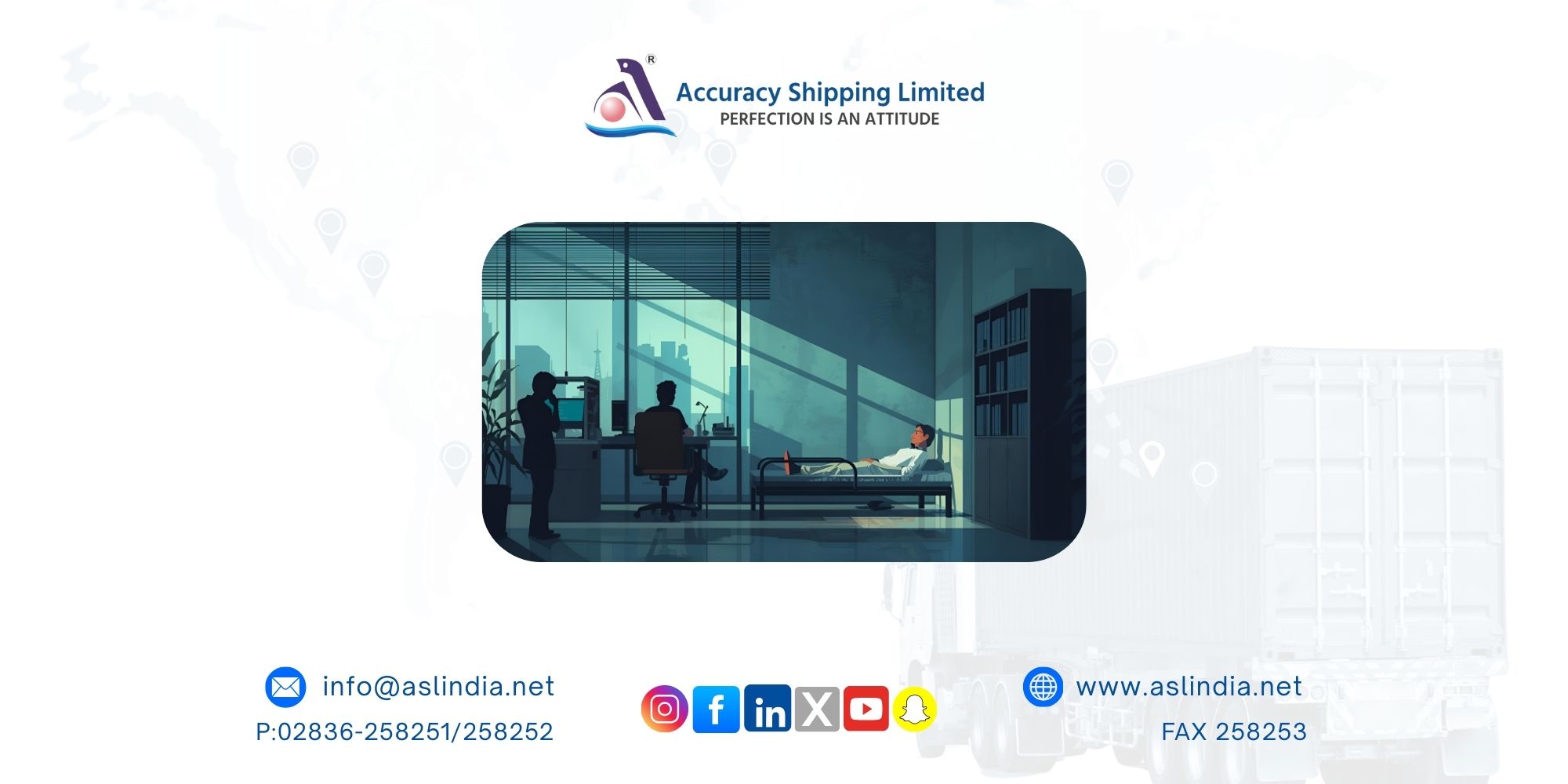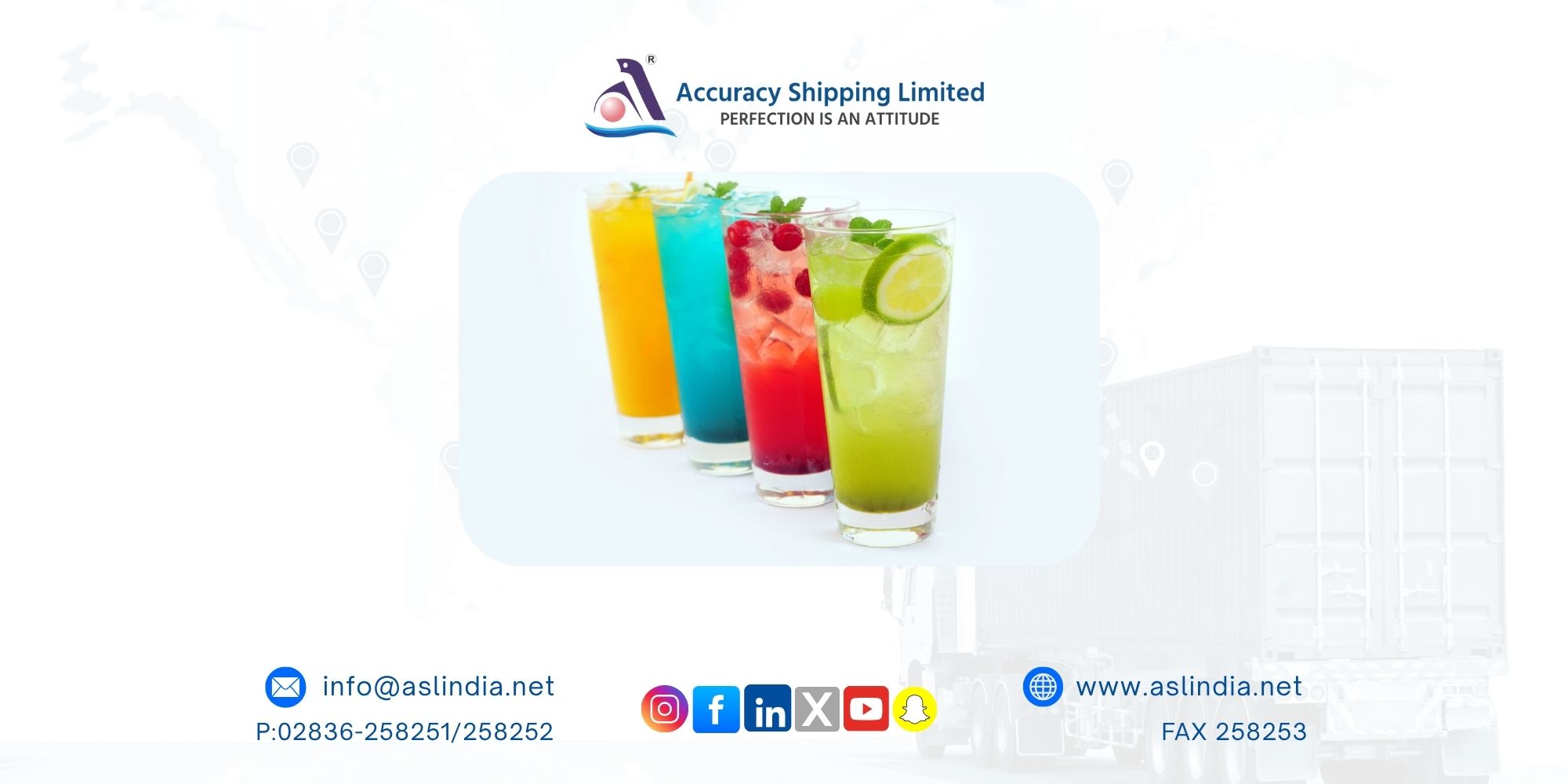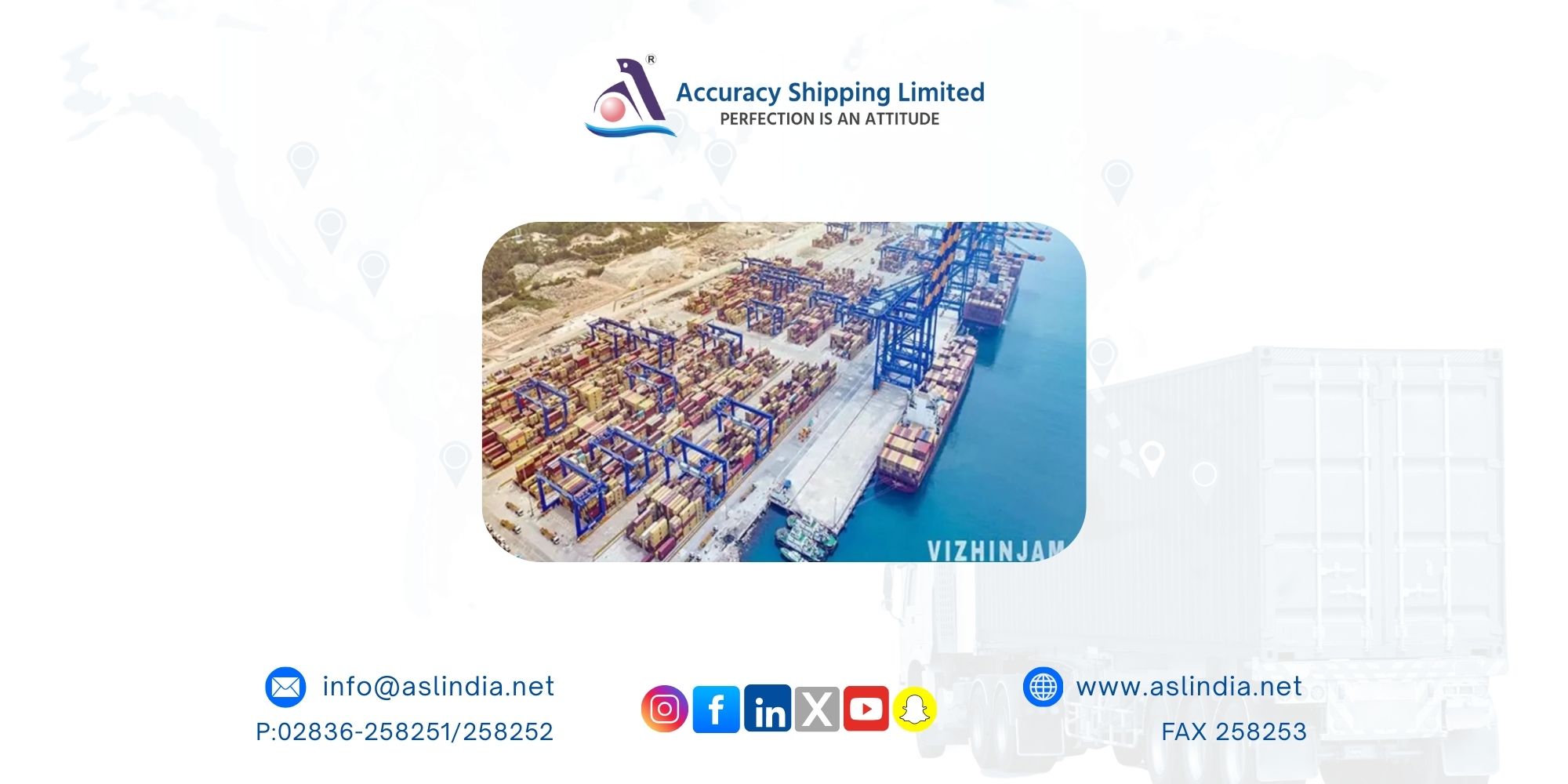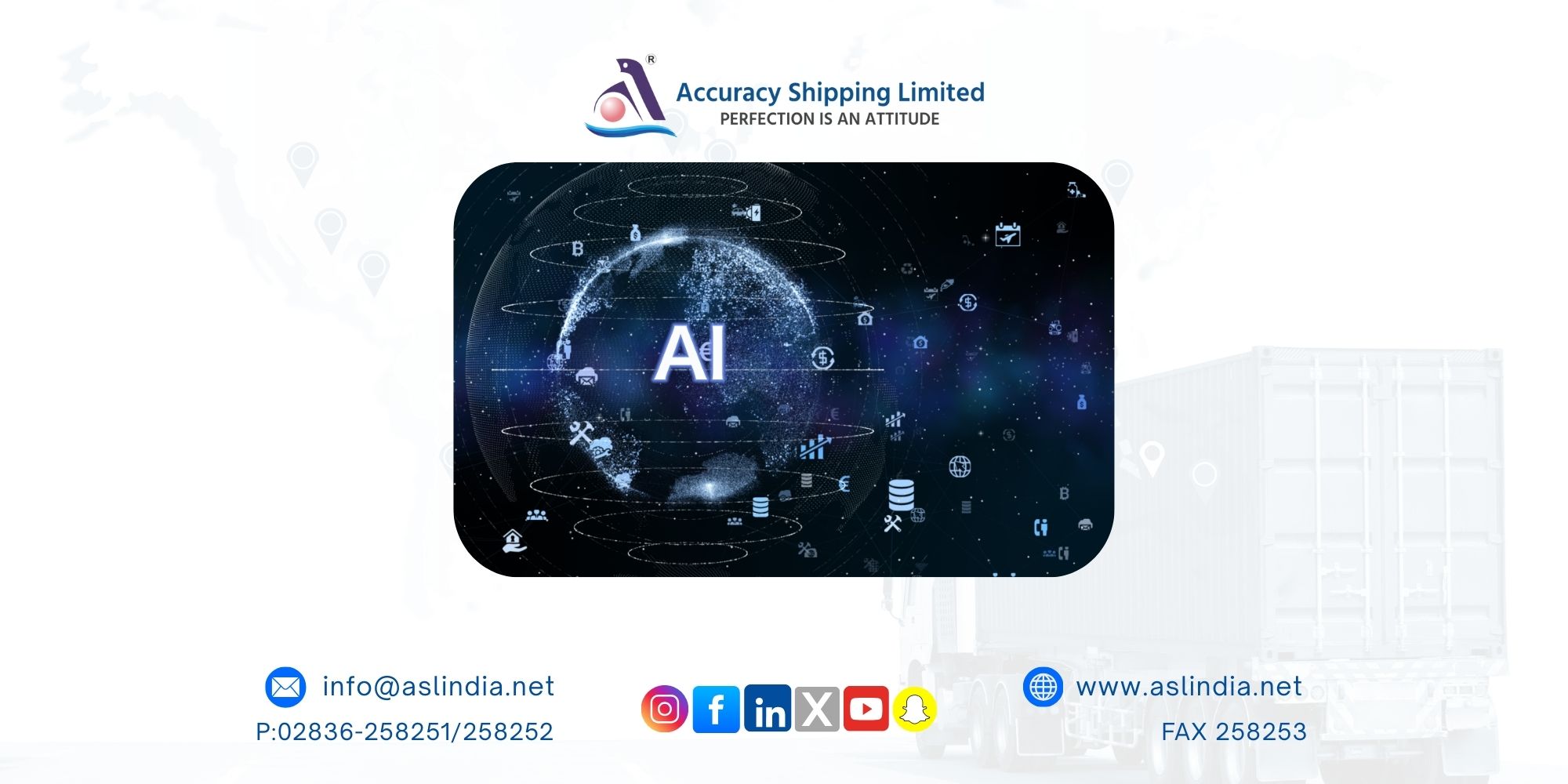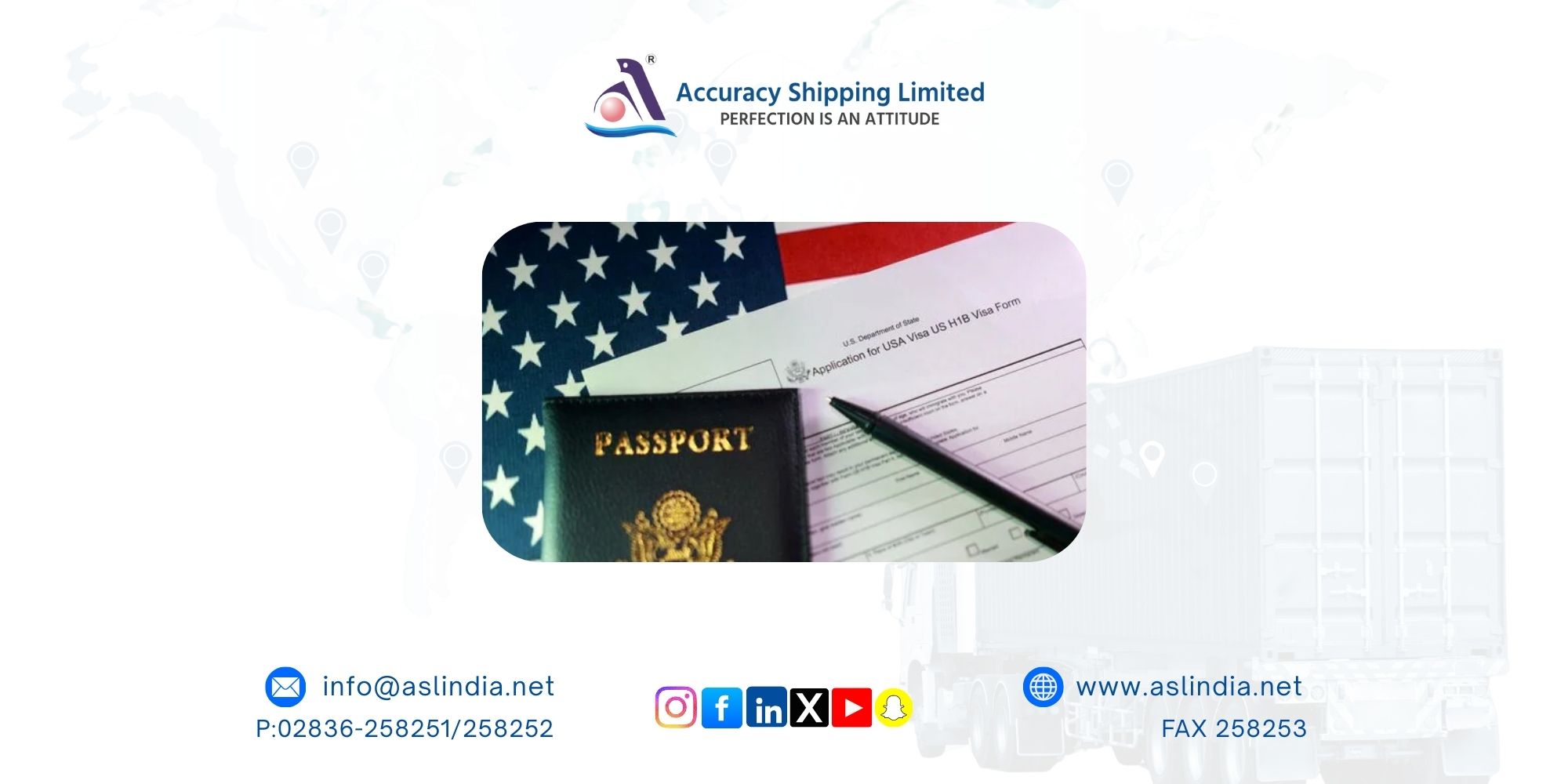Vijay Kumar named new Secretary, Ministry of Ports, Shipping and Waterways
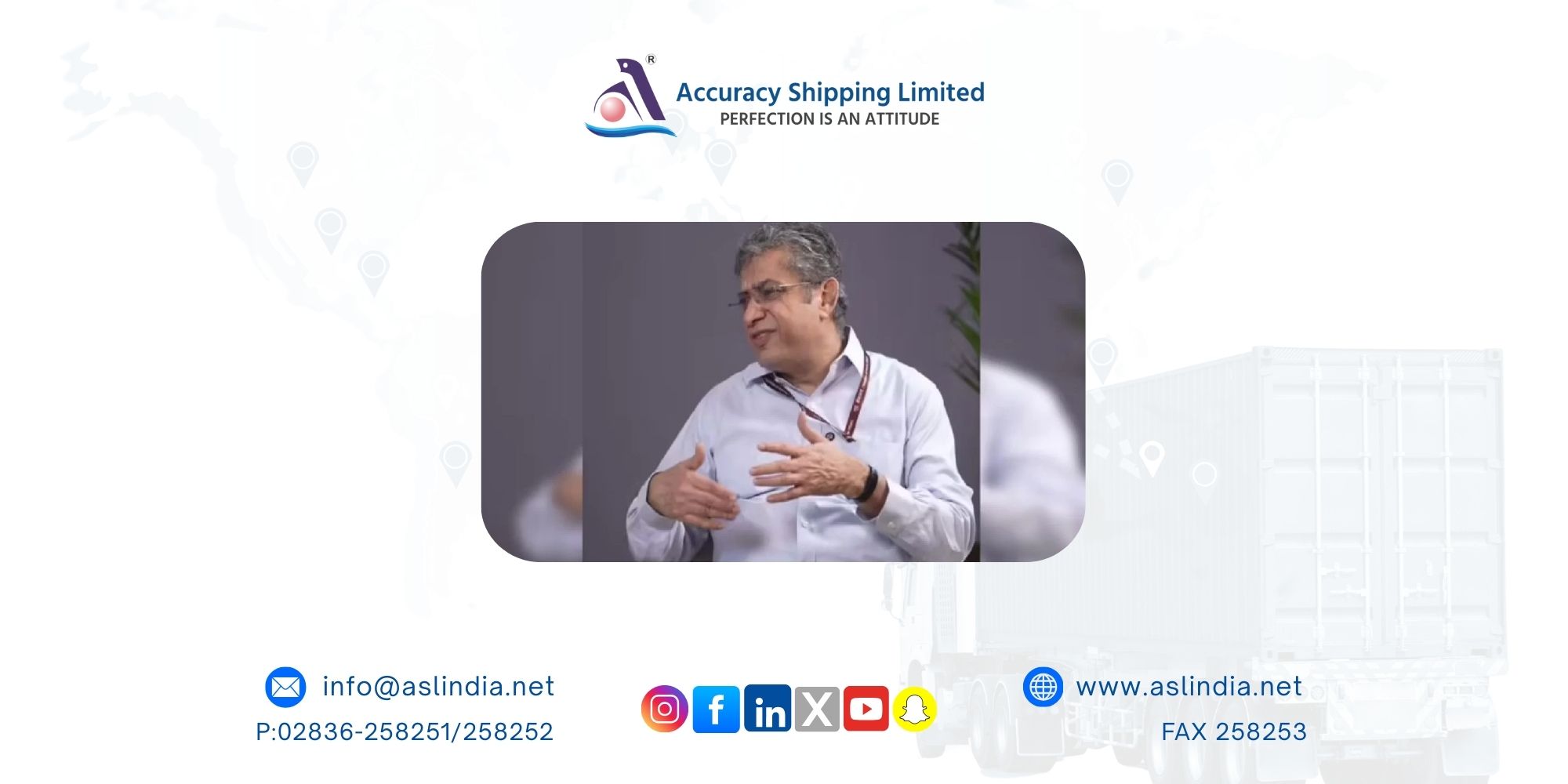
The Central Government has announced the appointment of Vijay Kumar, a 1992-batch IAS officer of the AGMUT cadre, as the next Secretary in the Ministry of Ports, Shipping and Waterways. According to an office memorandum issued by the Department of Personnel and Training, Kumar will first serve as Officer on Special Duty (OSD) before formally assuming charge on October 1. He will succeed T. K. Ramachandran, who retires on September 30.
Currently, Kumar is serving as Chairman of the Inland Waterways Authority of India, where he has played a pivotal role in advancing India’s inland water transport network. Under his leadership, significant progress has been made in expanding and modernising waterways to boost sustainable and cost-effective transport solutions.
Born in Delhi, the 54-year-old officer joined the Indian Administrative Service at the young age of 21 after clearing the UPSC Civil Services Examination in 1992. He began his career as Sub-Divisional Magistrate in East Delhi and has since held key positions across various sectors, including education, trade, excise, water supply, and transport. His diverse career portfolio includes roles such as Special Secretary (Cooperation) in Delhi, Principal Secretary (Power) in the Union Territory, Administrator of Lakshadweep, and CEO of the Delhi Jal Board.
Kumar’s academic background is equally distinguished. He holds a Bachelor’s degree in Electronics Engineering and an MBA in Economic Development from the Massachusetts Institute of Technology (MIT). Additionally, he has earned a Diploma in Business Finance from the Institute of Chartered Financial Analysts of India.
As he prepares to take charge of the Ministry of Ports, Shipping and Waterways, Kumar’s experience and leadership are expected to provide fresh momentum to India’s maritime and shipping sector. His appointment comes at a crucial time when the country is focusing on strengthening port infrastructure, boosting logistics efficiency, and enhancing global trade competitiveness.



